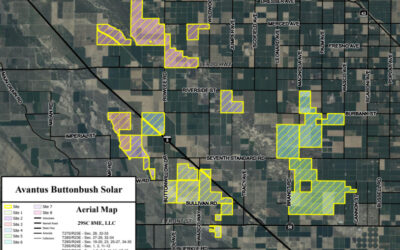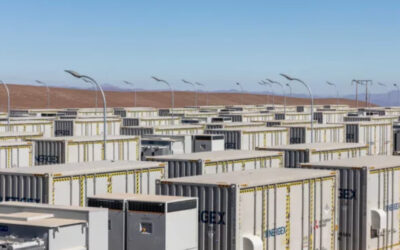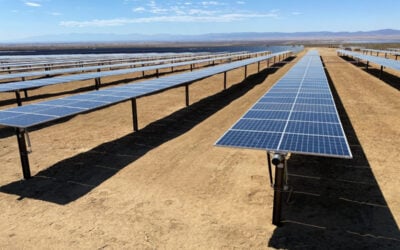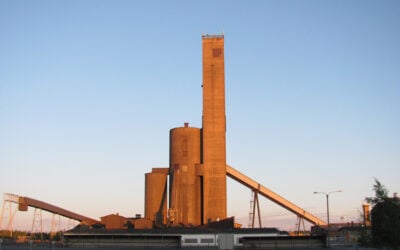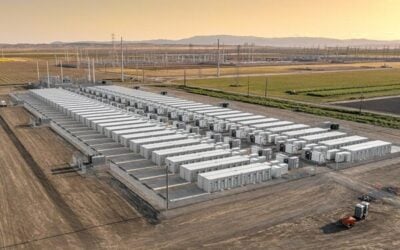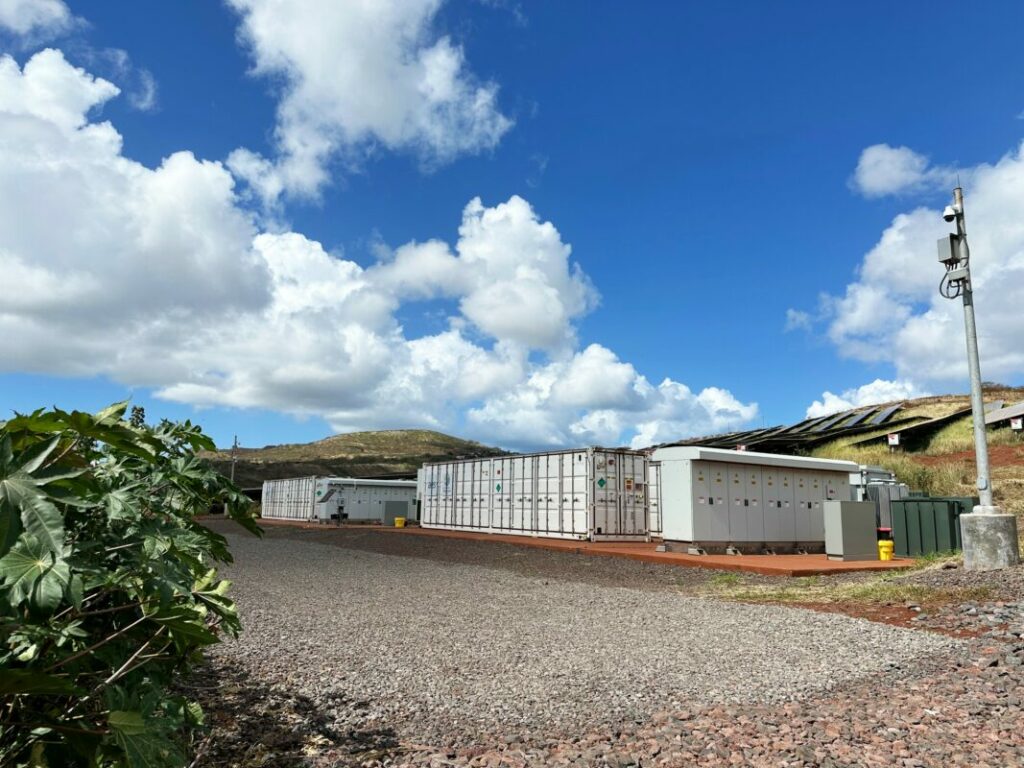
AES Corporation has brought into commercial operation one of several large-scale renewable energy and battery storage projects in its development portfolio in Hawaii.
The West Oahu solar-plus-storage project pairs a 12.5MW ground-mount solar PV array with a 4-hour duration 50MWh battery energy storage system (BESS). A launch event was held this week (9 April) to celebrate its commissioning with a blessing ceremony.
Enjoy 12 months of exclusive analysis
- Regular insight and analysis of the industry’s biggest developments
- In-depth interviews with the industry’s leading figures
- Annual digital subscription to the PV Tech Power journal
- Discounts on Solar Media’s portfolio of events, in-person and virtual
Or continue reading this article for free
It was welcomed by the US state’s governor, Josh Green, as a step forward in efforts to make Hawaii’s islands “petroleum-independent by 2045” in line with policy goals, selling power to non-profit utility Hawaiian Electric Co (HECO) at a cost lower than fossil fuel-generated electricity.
Green, who attended the inauguration, noted that the project is “one of many that we welcome,” following the 2008 passing of the Hawaii Clean Energy Initiative, which set the 2045 target date.
The project also supports the nearby University of Hawaii-West Oahu in reducing its carbon footprint and provides a revenue stream that goes directly toward funding education, with the system sited on 66 acres of open land owned by the university.
Project delayed by wait for substation components
AES was awarded the West Oahu project as part of a 2018 HECO request for proposals (RFP), which at the time marked the state’s largest-ever renewable energy procurement. Since then, several more have been held.
In December, for example, Energy-Storage.news reported that the utility had entered negotiations with developers of 15 renewable energy projects, including biofuels, wind, and solar PV, with a combined total of 2.1GWh of battery storage. Seven of those projects, including three solar-plus-storage projects, would be on Oahu.
AES negotiated a 25-year power purchase agreement (PPA) with HECO for the West Oahu plant’s output at US$0.115/kWh.
The project has been among the many delayed in the last couple of years in the US across a range of energy and infrastructure projects. Construction got underway in mid-2022, with the original commissioning date set for the middle of last year.
This is not an unusual circumstance for recent solar and battery projects. During the pandemic, access to batteries was made difficult by lithium price spikes, and access to solar modules was made more difficult in the US by trade disputes with suppliers in China coupled again with rising demand.
More recently, rather than PV modules or lithium-ion batteries, it has been long-lead time equipment such as high voltage transformers and medium voltage switchgears that have been the cause of holdups.
According to monthly updates issued by the project owner, there was a wait for “critical components for the electrical substation” necessary to connect the West Oahu plant to the grid, that went on for several months which appears to be the main cause in this instance.
In 2021, French energy company ENGIE cancelled a solar-plus-storage project in Hawaii for which it had a similar 25-year PPA in place with HECO. The French multinational cited solar PV supply chain and grid connection delays as the reasons for dropping the 60MWac PV and 240MWh BESS project.
Renewables replacing Hawaii’s fossil fuel fleet
For AES, it is the company’s first solar and storage project on Oahu, but the company was the owner-operator of the island – and Hawaii’s – last-ever functioning coal power plant, which was decommissioned in 2022 and was also in West Oahu.
The drivers for renewable energy and storage were already strong in Hawaii even without accounting for the coal plant’s retirement – most electricity generated in the state before its renewables buildout came from imported fuels, mostly diesel, which are obviously polluting but also expensive and create big plant maintenance bills.
Among resources brought online to directly replace the West Oahu coal plant is the state’s biggest standalone energy storage plant, Kapolei Energy Storage (KES), which developer Plus Power recently inaugurated.
KES was claimed by Plus Power as “the most advanced grid-scale BESS in the world,” due to the broad range of applications it provides to support the grid, including inertia from its advanced inverters, replacing a vital and often overlooked role played by thermal generation.
Meanwhile, AES subsidiary AES Hawaii has four large-scale solar-plus-storage and one wind plant in operation in the state, with a further six solar-plus-storage projects and one solar-plus-storage-plus-hydroelectric plant in development.

